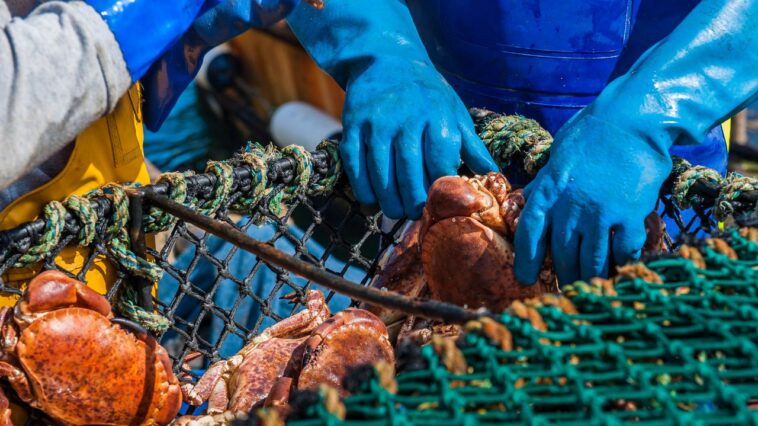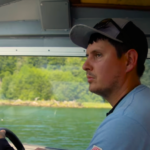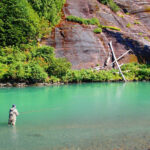A group of fishers have been ordered to pay significant fines and face prohibition in a landmark case of illegal crab fishing along the Canada-U.S. border.
“This is the first time that this prohibition has been imposed by the Courts.”
Fisheries and Oceans Canada (DFO)
Four men have been collectively fined $287,000 by Fisheries and Oceans Canada (DFO) after a years-long investigation into their crab fleet in Boundary Bay in southern BC. One man, Han Van Lam, master of the vessel John Lam, is also prohibited from fishing for the first 14 days of the 2024/25 commercial season. In a news release, the DFO stated, “This is the first time that this prohibition has been imposed by the Courts.”
“We haven’t removed his livelihood, but we have hopefully removed the opportunity for him to get right close to the border and then continue to creep over into U.S. waters.”
Fisheries and Oceans Canada (DFO)
Van Lam was fined $50,000 for violations from the 2019 and 2020 seasons and was forced to forfeit 96 traps seized by the DFO.
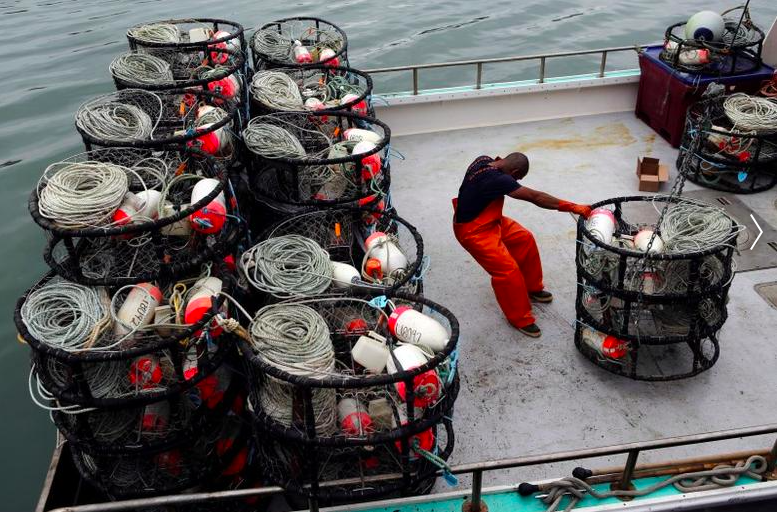
“So we haven’t removed his livelihood, but we have hopefully removed the opportunity for him to get right close to the border and then continue to creep over into US waters,” said DFO representative Bev McGuire-Funk to the CBC.
The other men found guilty include Michael Hau, master of the Muoi H, fined $20,000 for failing to scan his traps during the 2018, 2019 and 2020 crab fishing seasons; Hoan Trung Do, master of the Bounty Hunter, fined $160,000 for fishing in US waters and setting more traps than allowed under the conditions of his licence in 2018, 2019 and 2020; and Viet Dam, master of the Pacific Falcon, fined $38,000 for illegally fishing in US waters and fishing more traps than are allowed under his licence in 2019.
“Harvesters who choose to ignore the rules give themselves an unfair advantage, undermine the effective management of the fishery, and threaten the sustainability of the resource.”
Fisheries and Oceans Canada (DFO)
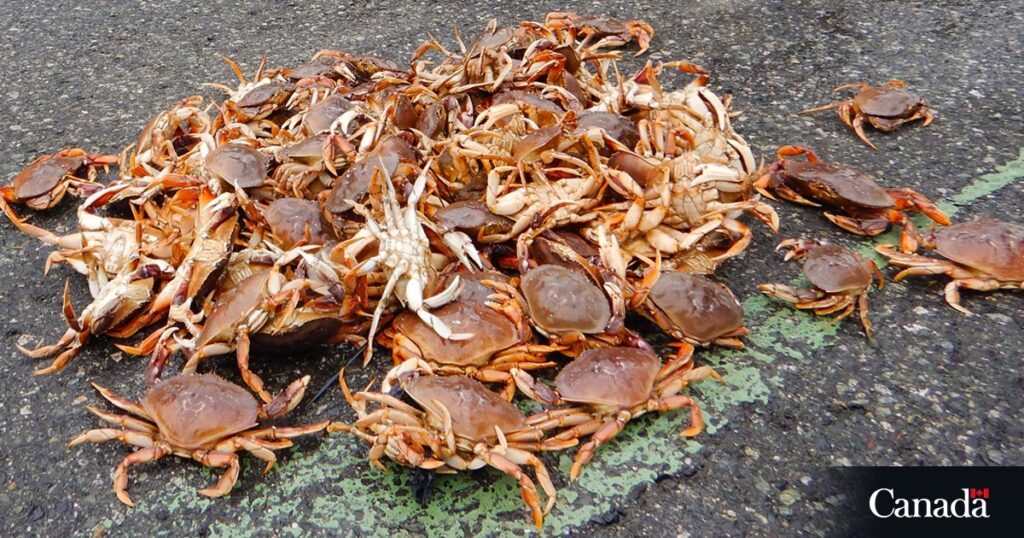
In its statement, the DFO warned that there were serious consequences to illegal fishing, which can result in “management changes or closures, diminish the significant economic benefit from the fishery to coastal communities, recreational fisheries, commercial harvesters and tourism, and threaten the traditional food source for Indigenous people.”
“Harvesters who choose to ignore the rules give themselves an unfair advantage, undermine the effective management of the fishery, and threaten the sustainability of the resource,” stated the department.
They also noted the effectiveness of regulatory tools like newly implemented mandatory cameras on boats as part of an electronic monitoring program. “Anecdotally, it has already resulted in a marked decrease in fishing in US waters,” the DFO found.
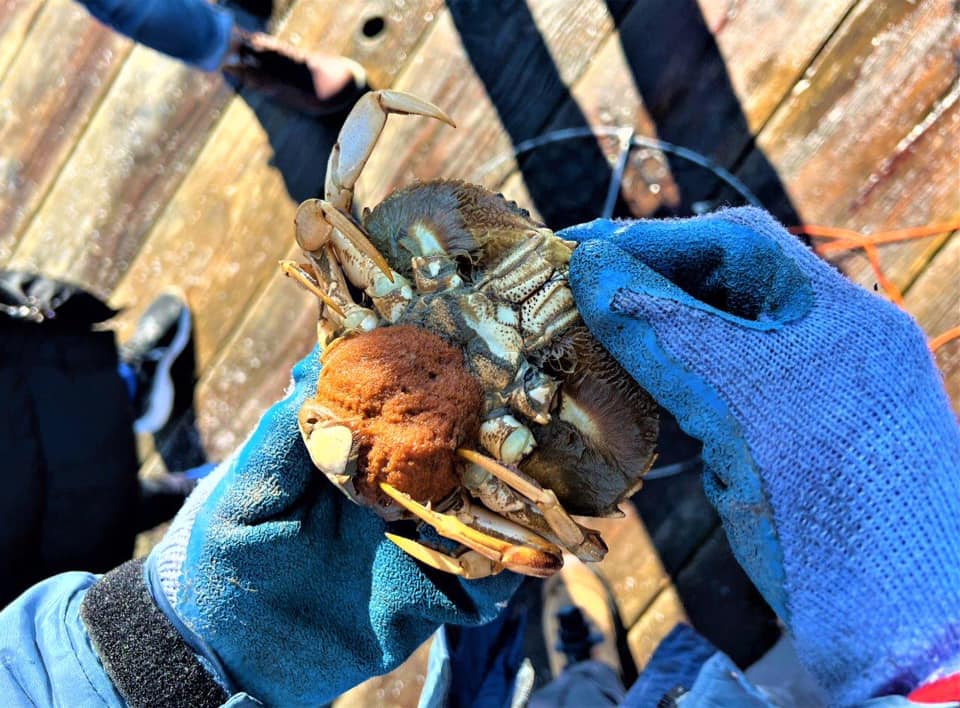
The DFO asks that if the public has any information on similar activities violating the Fisheries Act and regulations to call DFO Pacific toll-free violation reporting line at 1-800-465-4336, or email the details to [email protected].




